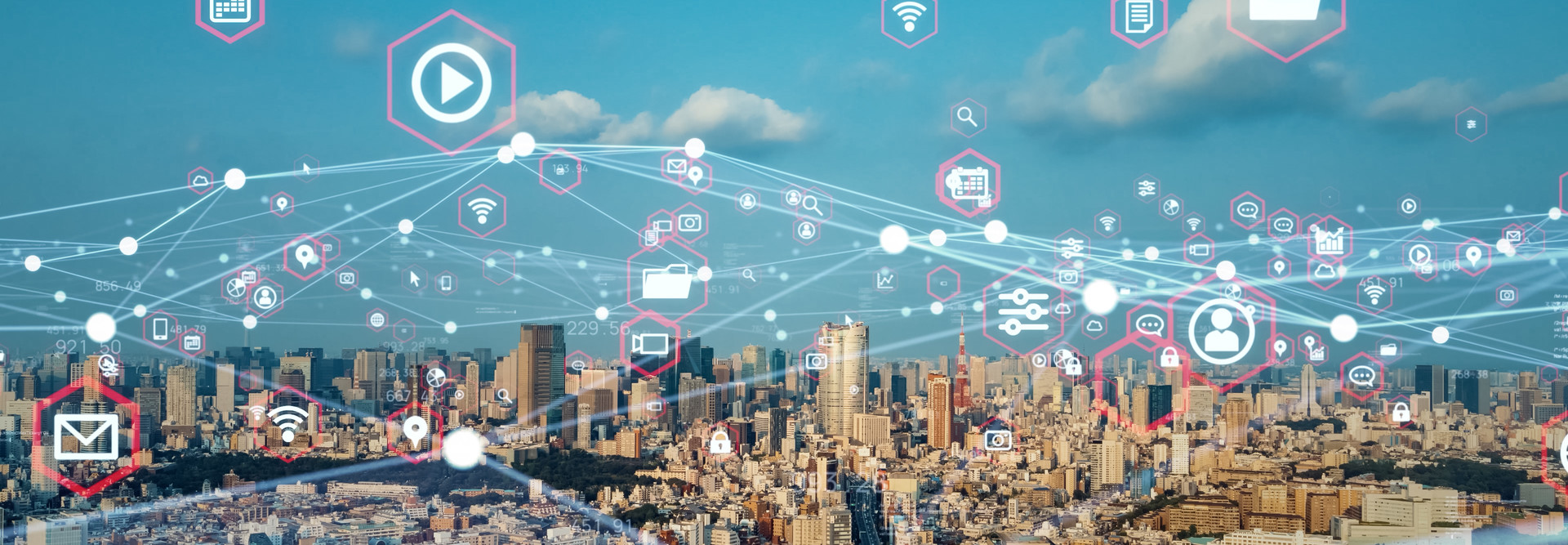Much of this year’s HPE Discover virtual conference focused on the value of data — and how to create, collect, manage and protect it. Many sessions zeroed on the need to unlock the potential of data through innovative means that could transform business operations and the customer experience.
Of course, the effects of the pandemic have had a significant impact on the way data is handled. Remote work and a steep increase in the number of endpoints have forced the acceleration of trends such as cloud migration and edge computing. However, those trends also come with downsides, such as a widened attack surface that leaves companies increasingly vulnerable to cyberthreats.
Speaking at the final day of the conference, Kirk Bresniker, HPE fellow and vice president and chief architect at Hewlett Packard Labs, said, “As the world becomes more decentralized and more distributed, the dynamic mesh of data all around us is expanding faster than ever. By next year, there will be more than 50 billion connected devices around the world. By 2025, we will see more than 150 billion devices, a threefold increase in just three years.”
WATCH: Learn about the challenges ahead as companies consider a return to the office.
In the Future, Data Will Live at the Edge
Bresniker spoke about future data management, saying, “The volume of data will grow to 175 zettabytes worldwide. Thirty percent of that data will be processed directly at its source — at the edge — in real time. Let’s also remember that it is expected by mid-decade, 75 percent of those zettabytes will never be in a data center. They’ll live their entire information lifecycle at the edge, where even the speed of light is now material. Those fundamental shifts will change the shape of our world.”
Bresniker characterized HPE as uniquely positioned to help customers adjust to the data needs of the future. “From HPE GreenLake, the cloud that comes to you, to Aruba access points to Cray Exascale Supercomputers, we continue to live out our HPE purpose through engineering and ingenuity,” he said, adding that Hewlett Packard Labs has “disruptive technologies that are reshaping our world for the better.”
MORE FROM BIZTECH: Learn about the advantages of edge and cloud analytics.
HPE Seeks to Connect Data Consumers With Data Producers
“Collecting and sharing data is nothing new,” said Robert Christiansen, vice president of strategy in the office of the CTO at HPE. What’s different today, he said, “is the volume of data. It’s so significantly higher. We believe finding data that you can trust is the largest challenge facing your company today.”
Janice Zdankus, vice president of innovation for social impact in the office of the CTO at HPE, followed up by saying, “In the past, we’ve been limited by where your data is located, what access you have to the right data and the quality and trustworthiness of the data. In addition, the costs of siloed systems with vendor lock-in can be very high. Today, data spaces democratize access to data, data analytics and AI by making them more accessible to domain experts, citizen users and data scientists.”
According to Zdankus, data spaces are “places to go to perform analytics on operational data from domain areas, and they facilitate data and analytics exchange. They also provide a hybrid, multicloud data governance model. To make this possible, data spaces are designed to be platform agnostic and open source, and they should minimize cloud egress, optimize the placement of data and be secure.”
Data Spaces Can Make Information More Transparent and Accessible
Christiansen explained the difference between data spaces and data marketplaces. “Data marketplaces are siloed. They’re typically very proprietary and not very open. It’s hard for a data consumer to find what they need in a siloed environment. With data spaces, we’ve removed the obstacles that silos have imposed. This is a huge benefit for our clients,” he said.
Christiansen and Zdankus shared stories of projects HPE has undertaken across multiple industries, from conquering a heavy volume of data in the financial sector with FIS to enhancing data transparency to provide healthcare to underserved populations with Novartis and promoting renewable energy and sustainability with Carnegie Clean Energy through innovative uses of AI.
To keep up with our coverage of HPE Discover 2021, bookmark this page, follow us on Twitter at @BizTechMagazine or the official conference Twitter account, @HPE_Discover, and join the conversation using the hashtag #HPEDiscover.











